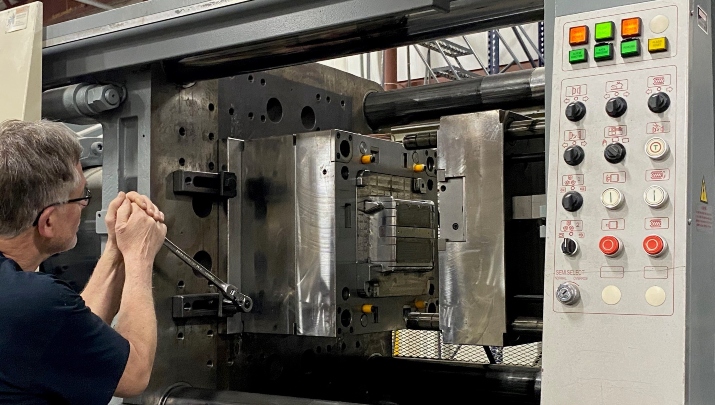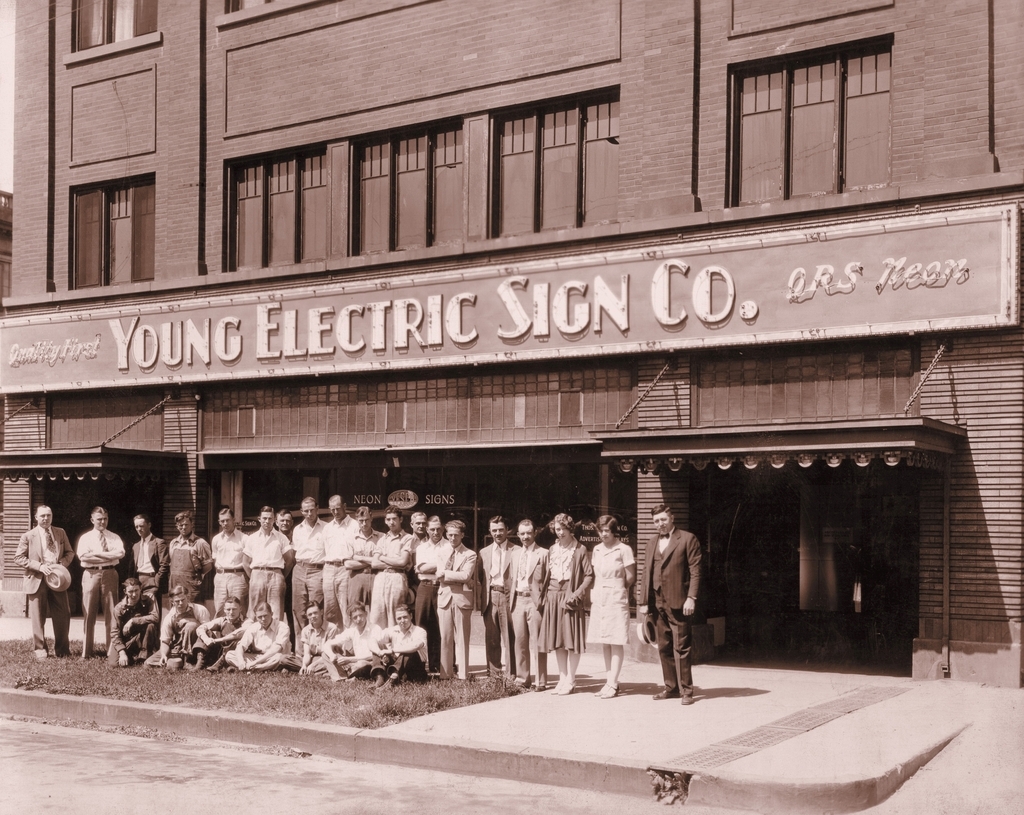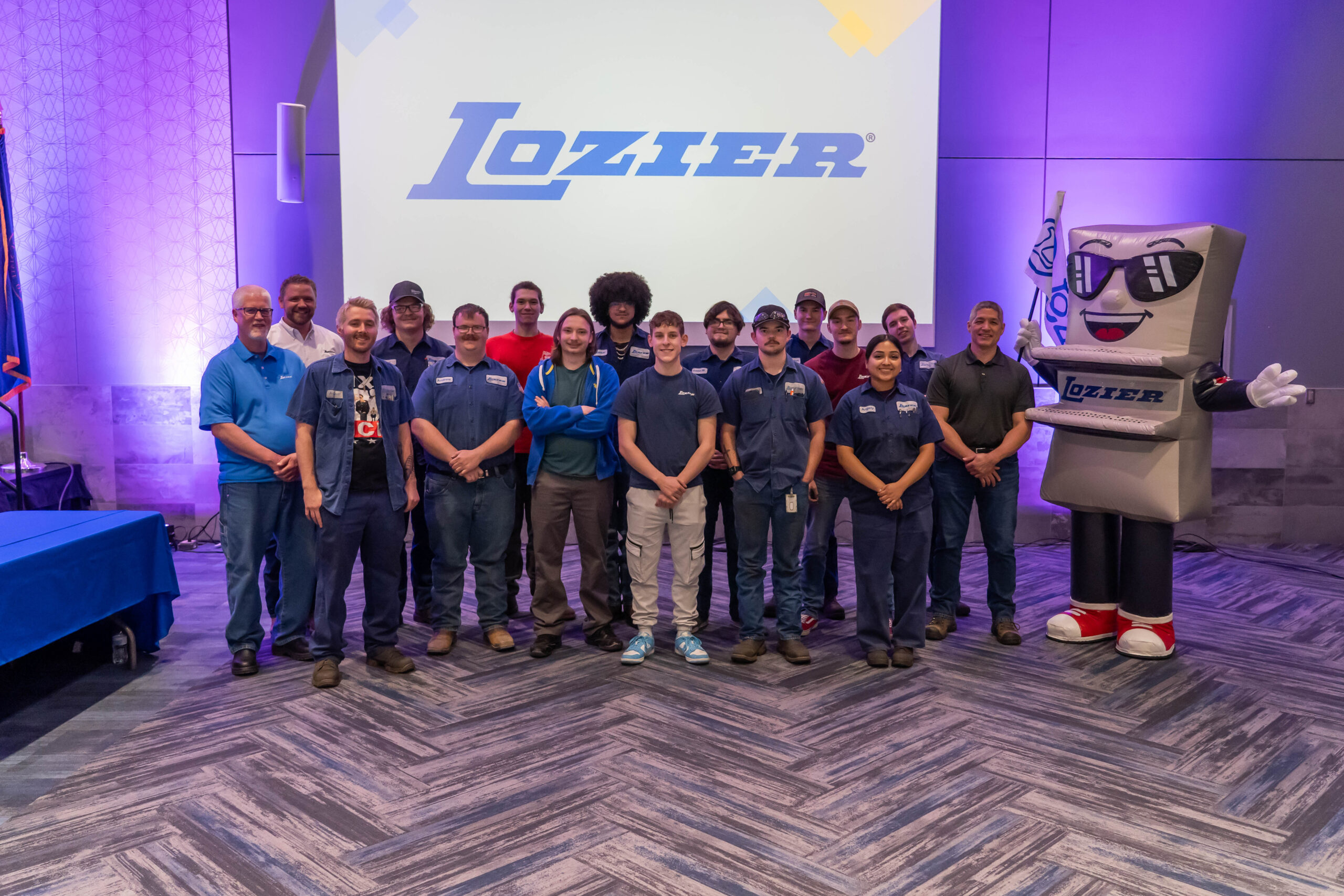
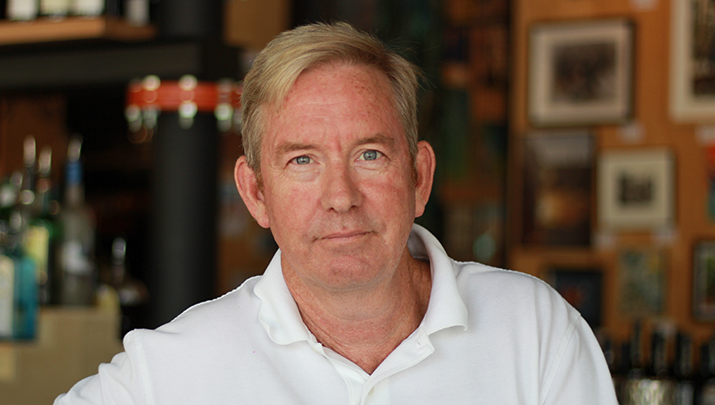
Get Out of the Office
- Scott Shaw
- Alexandria Restaurant Partners
Over the years, I’ve seen a pattern: entrepreneurs who keep pushing to grow even when that growth isn’t healthy for the company. It’s not surprising — like the Geico ad says, “If you’re an entrepreneur, it’s what you do.” This is a behavior I’ve had to guard against myself. One of the things I do is cultivate personal interests outside of my company. Today I chair our city’s economic development board, I mentor a few younger founders and I helped start a nonprofit that recently purchased a tall ship for our city. These activities absorb plenty of energy, allowing me to pursue a more thoughtful growth path for our small restaurant company.
It took me a while to learn that lesson — that fast growth is not always good or healthy. In my 20s and early 30s, I thought you should always grow a company as big as it can get. If not for a more cautious partner, I probably would have grown our first company right into oblivion.
Then in 2000, I founded Fishbowl, a customer engagement platform. Software is a different world, where you really do have to grow or die, especially when your competitors are very large, fast-growing companies. Taking venture capital money and joining the race was the right strategy for us, and it paid off when we sold the company to a Silicon Valley private equity firm. But it still never felt right to be planning an exit. That was at odds with the elements of a great company — a long-term vision, a worthwhile purpose, a focus on people and a clearly articulated culture.
So for my next act I returned to my roots, joining forces with two former restaurant colleagues. Our new company is small by design, a collection of six unique concepts located close to one another. This hyperlocal strategy lets us leverage our customer base, provide more career opportunities for our people and stay close to our operations. Even our name is intentionally limiting: Alexandria Restaurant Partners. When national developers call, I politely tell them to look at my business card.
Staying small does not mean opting out of growth, though. One of my heroes in the restaurant business is Joe’s Stone Crab, a family-owned business in Miami Beach that resisted opening more locations for its first 75 years, and then opened just three more in the next 25 years. Slow growth? Not at all. They bought the city block they sit on, expanded the original location, added a huge takeout operation, grew a fleet of ships to make sure they had a reliable supply chain and began shipping stone crabs in the pre-internet era. They are a private company, but are reputed to do over $30 million a year with very high margins.
The Joe’s Stone Crab lesson is that there are always ways to grow your business organically, by focusing on what’s right in front of you. And those opportunities are usually the best ones. We tried this ourselves a few years ago, opting to renovate and expand one of our restaurants rather than using that money to open a new one. We spent $1 million and now generate over $500,000 in additional profits annually. A pretty good financial return, but the real payoff was in strengthening the underlying business.
At the end of the day, growing a business should be fun. It’s about making things happen, and working with people you like and respect. Size doesn’t really matter here. If anything, it gets less fun as you grow bigger. It took a while for me to see this, but I’m glad I did. And I’m glad I’ve cultivated outside interests. They are just as challenging and often as fun as working in my own company. But I also think they are the key to helping our company grow at its appropriate Evergreen pace.
Scott Shaw is the partner at Alexandria Restaurant Partners.
More Articles and Videos
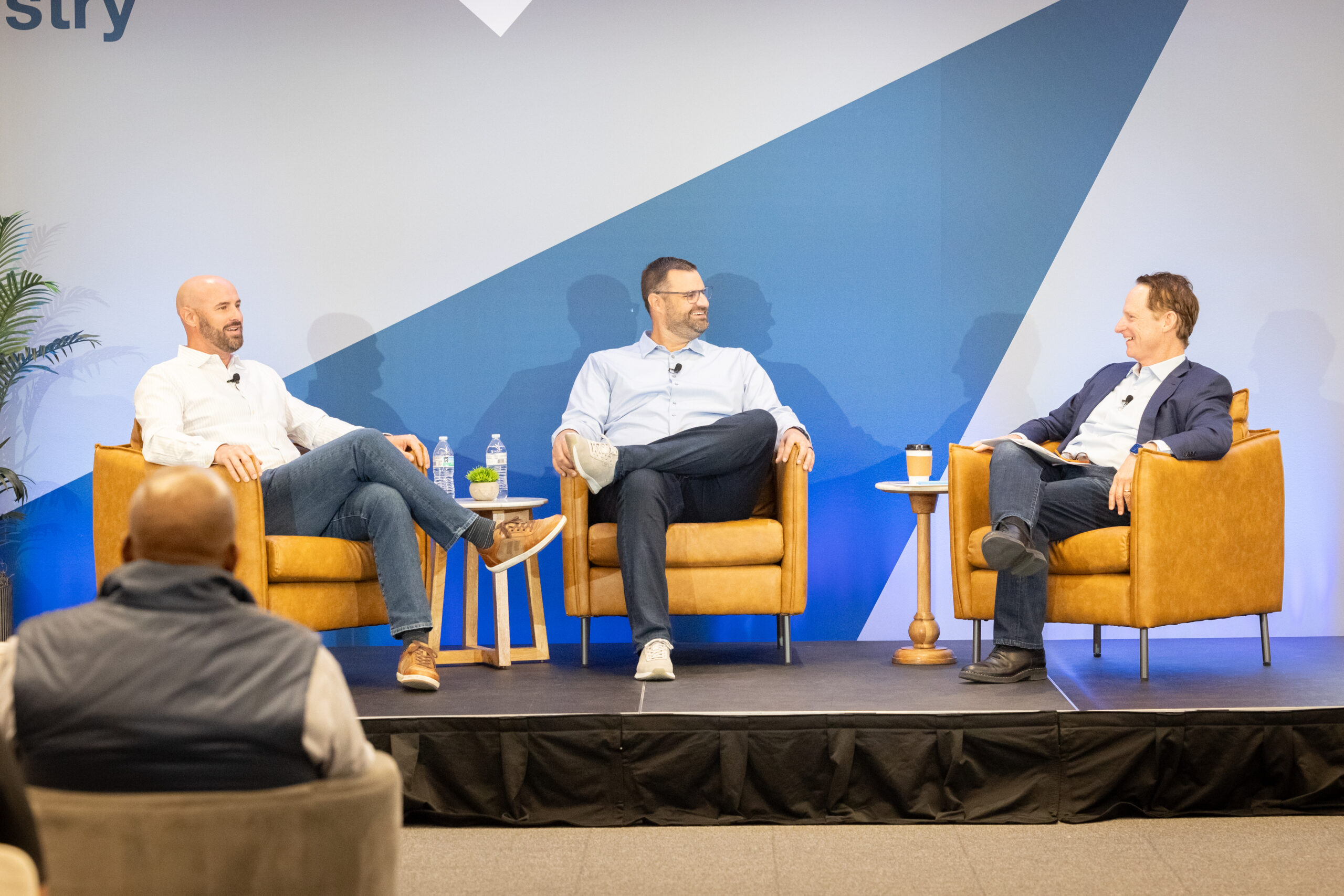
Fireside Chat with Dave Thrasher, Dan Thrasher, and Dave Whorton
- Dave Thrasher, Dan Thrasher, & Dave Whorton
- Supportworks and Thrasher Group

Get Evergreen insight and wisdom delivered to your inbox every week
By signing up, you understand and agree that we will store, process and manage your personal information according to our Privacy Policy
